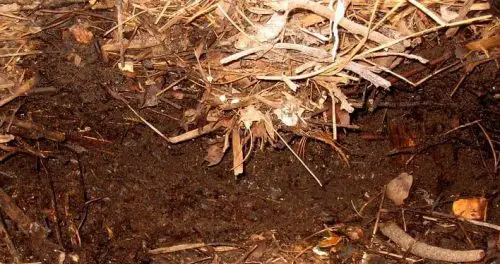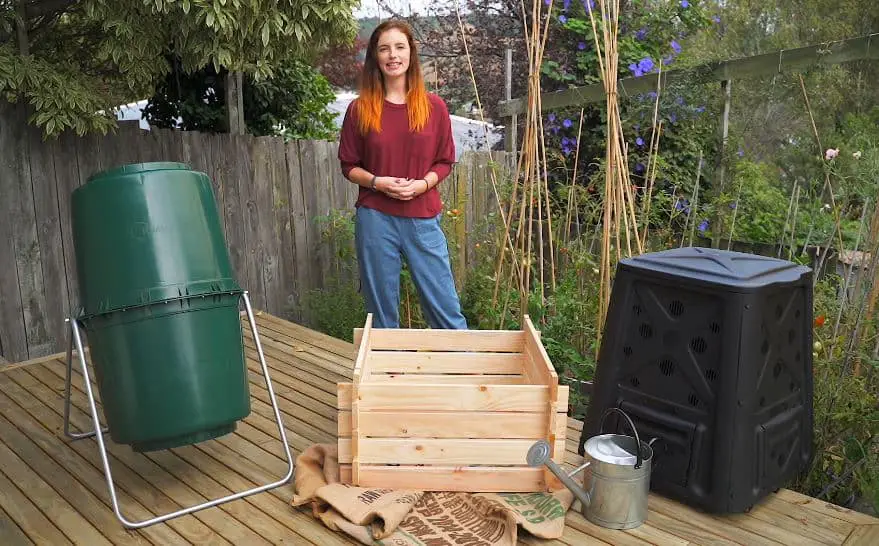What is Compost and Composting?
Compost
The wonderful smell of a forest floor is the smell of humus, or completely rotted plants and animals. Decomposed organic matter is compost. The original organic matter is no longer visible and you have rich, black, sweet-smelling, crumbly, soil-like substance.

In a deciduous forest, for example, leaves drop to the forest floor year after year. Dead branches snap off in strong winds. Animals poop. Plants and creatures die. Yet no one rakes the forest floor. No one fertilizes the forest. No one irrigates. There are no pooper scoopers nor animal control workers to remove scat or carcasses. They rot where they fall.
Forests thrive for centuries like this, living on this natural fertiliser that creates healthy soil and, in turn, healthy plants.
Those layers of rotting organic material on the forest floor are home to bacteria, fungi, insects and other creatures that produce biological, chemical and structural changes to the soil. These effects are critical to the health of trees and plants that make up the forest. In fact, the forest can’t survive without them. Neither can grasslands, plains, or other ecosystems.
Our Landscaped Environment
In modern urban and suburban areas we’ve done away with all that messy organic waste that was lying around. We rake leaves, bag grass clippings, scoop poop and send road kill to the dump. By doing so, we deprive our lawns and gardens of nutrients they require. We also destroy the necessary ingredients for good crumb structure, and inhibit Nature’s ability to keep soil pests and pathogens in check. By withholding organic waste, we hinder our soil’s ability to absorb, retain, and drain water in optimal ways. There is no substitute for organic matter in soil.
Composting
We need organic waste in our soil to keep it healthy but, for aesthetic as well as sanitation reasons, we don’t want to allow organic materials to decay where they fall. So we continue to collect leaves, grass clippings, and manure. Then we take them to another location to rot. This process is called “composting”, and the decaying organic matter is known as “compost”.

Once the composting process has decayed waste to an acceptable point to serve as a nourishing fertiliser, the compost is carted to a chosen area and integrated back into the soil.
